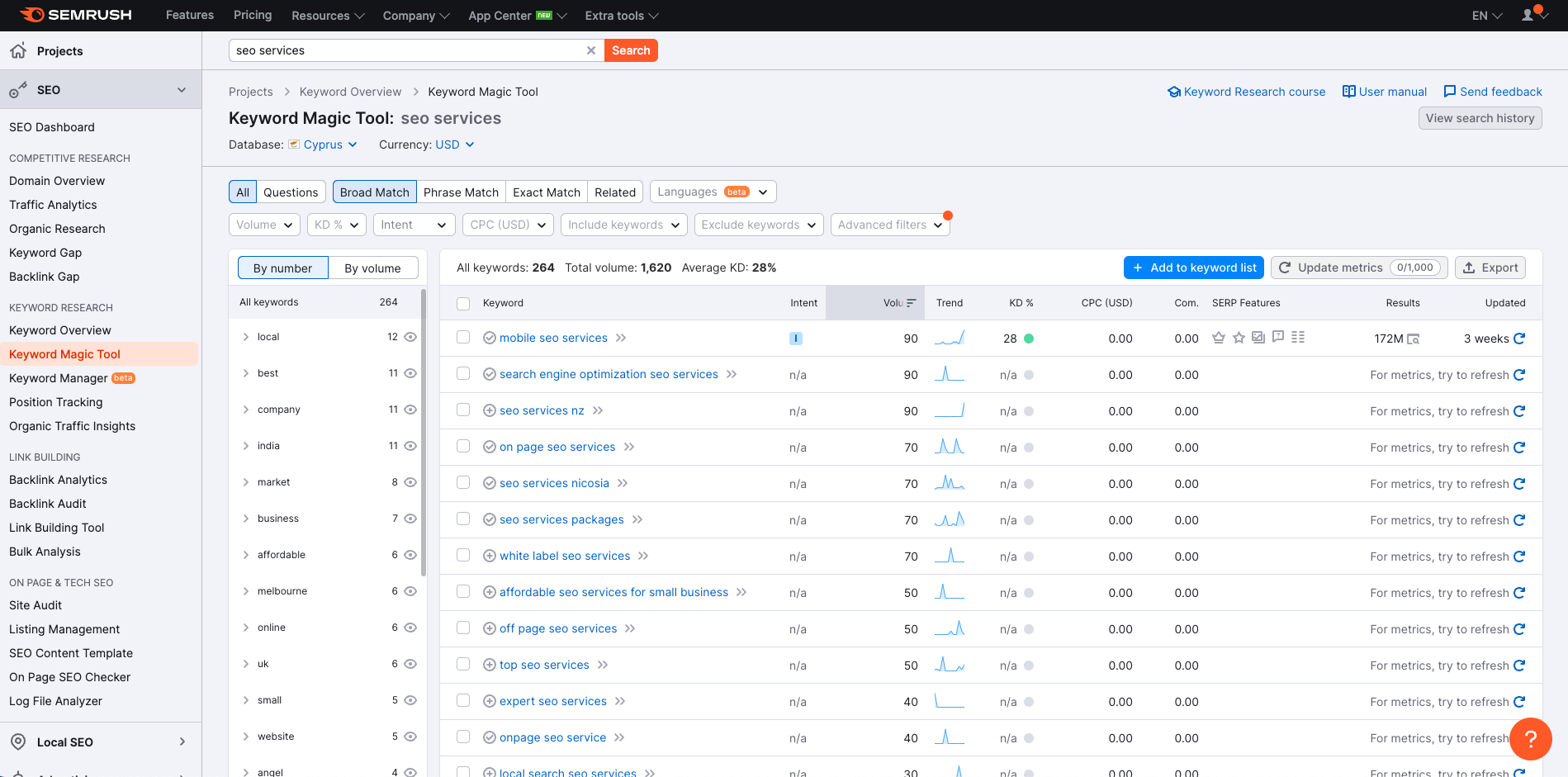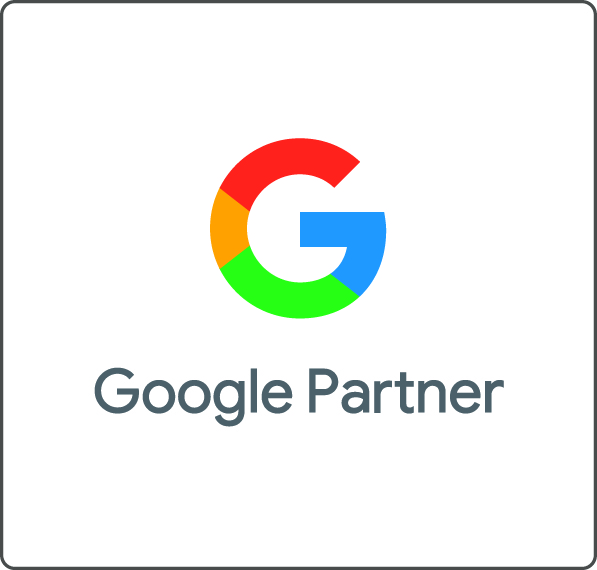Introduction
If you are a beginner in Search Engine Optimization or just a business owner who wants to improve your website’s organic performance by increasing your visibility in the search engine rankings, then there is a big chance that you have a lot of questions.
SEO is a never ending field. The search engine algorithms are updated every year to give better results for users, and that means that you need to update your SEO strategy as well.
In order to assist you, we have answered 12 of the most commonly asked questions about the SEO basics.
Let’s get the ball rolling…
1. What is SEO?
SEO stands for “search engine optimization.” It’s the process of improving your website’s visibility in search engines. SEO is a way to make your website more visible and attract new customers, but it’s not a quick fix; it takes time and effort to achieve good results.
2. Does my business need SEO in 2023?
If you’re still wondering whether or not SEO is something that your business needs in 2023, the answer is yes. SEO has become an essential part of any digital marketing strategy and if you don’t have it in place yet, now is the time to start thinking about how it could benefit your company.
3. How can I find the keywords people are searching for to find a business like mine?
There are many ways to find the keywords people are searching for to find a business like yours (Free and paid). The most common way is through Google Keyword Planner (a free tool offered by Google), which allows you to see how many times people search for certain keywords, their average monthly search volume, and more. For advanced Keyword Research, you should consult with an SEO agency.
Google Trends shows you what’s trending in real time so you can see what topics are being talked about right now on Twitter or Facebook. You can also use it as a tool for keyword research by typing in related phrases that might not be obvious but could still provide valuable insight into what people want or need from your business.
If you want to go full pro on your keyword research, then we would suggest using SEMRush’s tool suite. It will enable you to understand the intent of the keyword, the keyword difficulty and how many search for this each month.

4. What is a Google Penalty?
A Google penalty is when your website is penalized by Google due to some violation of Google’s Webmaster Guidelines. There are two types of Google penalties: Manual and algorithmic.
A manual penalty means that an individual at Google manually reviewed your site and determined that you violated their guidelines, so they decided to punish it.
An algorithmic penalty is automatic, meaning that the algorithm made the decision without any human intervention. Both can be temporary or permanent depending on what type of violation was detected and how severe it was (e.g., if someone hacked into your site).
5. How long does it take to rank on Google?
Let’s be honest: SEO is a long-term game. Ranking for competitive keywords can take months or even years, and it can be difficult to tell if you’re making progress at all.
If you want to know how long it will take for your site to rank on the first page of Google (or any other search engine), there’s no one answer that applies to everyone.
6. Why isn’t my website ranking on Google?
If you haven’t done your keyword research and created good-quality content for your target audience, it’s possible that Google will not rank your site very well.
You need a website that is well built, with a strong user experience (UX) and an on-page SEO strategy. If these things aren’t in place, Google won’t know how to rank your pages because they don’t provide any value to the end user.
In addition to having an excellent website, it’s important that you have backlinks pointing towards it; otherwise no one will be able to find out about what you do!
7. How important is keyword research for SEO?
Keyword research is the foundation of SEO. It helps you to understand what people are searching for, what your competitors are doing, and the problems that your customers have.
Keyword research can be done either by using the free Google Keyword Planner or a paid automated Keyword Research tool, such as SEMRush.
We have written a very detailed blog post on how to do keyword research in 3 simple steps. Check it out.
8. On-page SEO vs Technical SEO! What is the difference?
On-page SEO is the process of optimising your website to get a high ranking in search engines. We have created a very descriptive blog post in regard to what On-page SEO is and how to do it.
Technical SEO is the process of making sure that search engines can crawl and index your website correctly.
9. How can I find Technical SEO errors?
The first step is to run a technical SEO audit on your website. This will help you identify any issues with your site’s structure, code and content that could be negatively affecting search rankings.
You will be able to identify issues related to Meta Data, Content, Links (both internal and external) and many more. You will then need to prepare a report for your developer to address them.
10. Does duplicate content harm your website?
Duplicate content is not a good thing. It can cause problems for your website, such as:
- Google penalizing you for duplicate content (possible loss of rankings)
- Visitors finding it confusing and leaving the page quickly because they think they’ve already read the article before.
Duplicate content can be fixed by either removing or rewriting the duplicate content so that it’s unique to each page on your site. If there are too many pages with overlapping information, consider consolidating those pages into one longer article instead of having multiple versions of them all over the web; it will help cut down on some unnecessary repetition!
11. What is link building?
Link building is one of the most important aspects of SEO, but it can also be one of the most difficult to understand.
Link building refers to methods of gaining links from other sites that point back to your own. In other words, if you build enough quality backlinks (links from other websites), search engines will consider your site more relevant and therefore rank it higher than others in their results pages when someone searches for something related to yours.
You can check out our latest article on why are backlinks important in SEO.
12. What Are Google’s Most Important Ranking Factors?
Google considers over 200 factors when assessing a website. We have gathered below the most important ones:
- High-quality Content
- Backlinks
- Search Intent and Content Relevancy
- Website Loading Speed
- Mobile Friendliness
- Domain Authority
- Keyword Optimization
- Website Structure
As explained in this article, SEO is a very crucial channel for any business. It provides high quality traffic which has a lot of chance of converting into a quality lead. After all, people searching for something are most likely willing to read more or purchase.
Get in touch with the SEO team at DomainStar to discuss your needs.
FAQs - Frequently Asked Questions
SEO (Search Engine Optimization) strategy refers to the process of optimizing a website to improve its visibility and ranking in search engine results pages (SERPs) for specific keywords or phrases. The ultimate goal of an SEO strategy is to increase organic traffic to a website by improving its relevance and authority in the eyes of search engines like Google, Bing, and Yahoo.
An effective SEO strategy typically involves the following steps:
- Keyword Research: Identify the keywords and phrases that your target audience is using to search for products or services related to your business. This will help you optimize your website content to match the search intent of your target audience.
- On-Page Optimization: Optimize your website content, including titles, meta descriptions, headers, and body copy, to include relevant keywords and provide a positive user experience.
- Technical Optimization: Ensure that your website is technically optimized for search engines, including factors such as website speed, mobile responsiveness, and crawlability.
- Link Building: Build high-quality backlinks to your website from other authoritative websites in your industry. This will help establish your website’s authority and improve its ranking in search results.
- Content Marketing: Create high-quality, relevant, and engaging content that provides value to your target audience. This will help attract and retain visitors to your website and improve its relevance and authority in the eyes of search engines.
- Analytics and Reporting: Monitor and analyze your website’s traffic, user behavior, and other key metrics to measure the effectiveness of your SEO strategy and make data-driven decisions to improve it over time.
By following these steps, you can develop an effective SEO strategy that improves your website’s ranking and visibility in search engine results pages and drives more organic traffic to your website.
Running SEO on your website can be a complex process, but here are some general steps to get you started:
Conduct Keyword Research: Identify the keywords and phrases that your target audience is using to search for products or services related to your business. Use keyword research tools such as Google Keyword Planner, SEMrush, or Ahrefs to find relevant keywords to target.
Optimize Your Website Content: Optimize your website content, including titles, meta descriptions, headers, and body copy, to include relevant keywords and provide a positive user experience. Make sure your content is high-quality, relevant, and engaging to users.
Ensure Technical Optimization: Ensure that your website is technically optimized for search engines, including factors such as website speed, mobile responsiveness, and crawlability. Use tools such as Google Search Console to identify and fix technical issues.
Build High-Quality Backlinks: Build high-quality backlinks to your website from other authoritative websites in your industry. This will help establish your website’s authority and improve its ranking in search results.
Create Relevant and Engaging Content: Create high-quality, relevant, and engaging content that provides value to your target audience. This will help attract and retain visitors to your website and improve its relevance and authority in the eyes of search engines.
Monitor and Analyze Your Website’s Performance: Use tools such as Google Analytics to monitor and analyze your website’s traffic, user behavior, and other key metrics. This will help you measure the effectiveness of your SEO strategy and make data-driven decisions to improve it over time.
Running SEO on your website requires ongoing effort and optimization. It’s important to stay up to date with the latest SEO best practices and algorithm updates to ensure that your website remains optimized for search engines and provides a positive user experience for your visitors.





